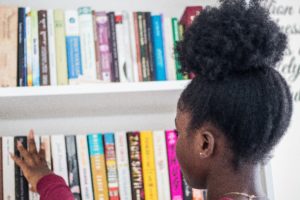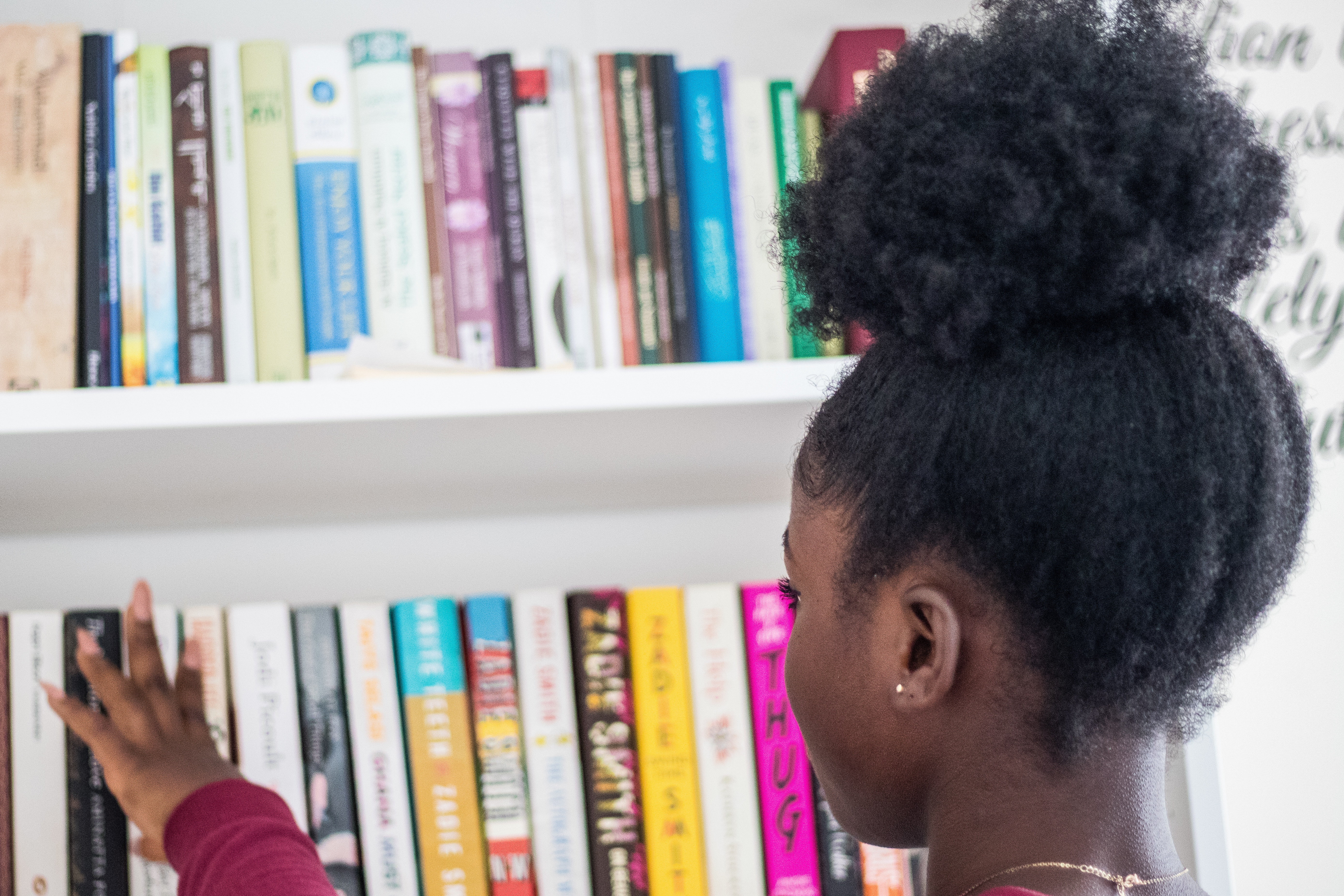
I had a lot of time to think about Jordan Peele’s movie Us. I saw it with my sister opening weekend, and my initial reaction was…not favourable.
I expected popular opinion to follow suit, but turns out I was in the minority. The film blew up the box office, becoming the highest-grossing horror movie since It in 2017, and the highest original horror property in well over a decade.
I’ve yet to see a negative review about Us; it is the critical darling of the hour.
I decided it was necessary to reflect on why I had formed such a negative opinion of Us on its first viewing. I fully intend to re-watch the movie, but for now I wanted to examine critically (and without spoilers) where the disconnect lied within me.
First, I concede that it’s not a bad movie. Confusing, yes; especially in its third act, but if I look at what Jordan Peele was going for in a more abstract sense, then I’m more forgiving at its direction.
Second: the cinematography is impressive. The first five minutes are my favourite part of the movie for how visceral and immersive the shots are, and I was genuinely onboard for whatever wild ride Peele was prepared to take me on (I just happened to not have has a great a time as others).
Thirdly—and this is the point I missed upon initial viewing, but had stuck with me the strongest—Us defies expectations.
I’m not talking in a financial sense, although I imaging no one in their wildest dreams would have imagined a horror movie unseating Captain Marvel after only its second week in theatres.
There was a mental hurdle I needed to overcome with Us. Basically, I had to quell any expectations that this was going to be a straightforward social commentary like Peele’s first movie Get Out. There is a message to be found underneath the bizarre and unsettling visuals of Us, but those looking for a cut-and-dry experience will find themselves disappointed.
Therein lie my disconnect: I initially thought that this was a bad thing. I thought the movie was underwhelming because it was not a horror movie about black people, it was a horror movie with black people, where the race of the protagonists were incidental.
Then I came to a stunning realization: the movie is special BECAUSE it’s a horror movie that just happens to have a black cast. Race doesn’t play a role in the storyline, and it really shouldn’t.
Harkening back to the first five minutes of the movie, I enjoyed the intensity of the sights and sounds, but what I really connected with was the little black girl. Her hair was not overly-processed or textured or made up into some style that would have taken hours in a salon chair to look European (think Melody Ellison of American Girl doll fame).
No – this was a BLACK GIRL HAIRSTYLE – slicked back with baubles into two braided ponytails. For the first time EVER in a movie, I truly felt like I could relate to a character because I WAS once like that character.
THAT is where the true genius Us lies.
It’s taken long time to get us to this point in Hollywood, but Jordan Peele has pioneered a new path for film-making where being a black protagonist does not have to mean you are THE black protagonist; you are the protagonist that just happens to be black.
There is a distinct difference between the two. How often have you watched a television or movie program where a character is black, and their whole identity is tied up in the culture or politics of being black? Suddenly the characters around them attempt to talk street or slang, or attempt to rap, or there is a reference made to a “black” food like chicken or collard greens?
It’s not always distracting, but it’s omnipresent.
Even with our current black directors, as good as the films are, they always have to centre around race.
F.Gary Gray – Friday, Straight Outta Compton
Tyler Perry – all the Madea films
Spike Lee – Malcolm X, Do the Right Thing, Bamboozled
Ryan Coogler – Black Panther, Creed, Fruitvale Station
Jordan Peele is defying expectations, and regardless of your thoughts and opinions on a movie like as Us, the effort deserves to be lauded, and loudly.
It made me think of expectations in writing when being a person of colour.
No one bats an eyelash when Arthur Golden writes the best-selling novel Memoirs of a Geisha, or when Ian Hamilton produces the popular Ava Lee series.
I have absolutely nothing against these authors (in fact, I would consider their books some of my most enjoyable reads).
But I find it tremendously interesting the most well-known black writers are only known for writing about the black experience.
Alice Walker – The Color Purple
Terry McMillan – Waiting to Exhale
Zora Neale Hurston – Their Eyes Were Watching God
I bring this up because it is my goal to write a Young Adult novel. But I sometime I wonder if I will be pigeon-holed into writing about topic or themes pertaining to my race.
Children of Blood of Bone by Tomi Adeyemi is a Young Adult novel that celebrates African culture with elements of fantasy seamlessly woven into the narrative.
My question: is it wrong for me to want to write a young adult fantasy that DOESN’T take into account my race?
Case in point: I want to write a YA novel about magical girls.
I grew up with anime and cartoons, with Sailor Moon being one of my favourites in the magical girl genre. I was fascinated with the idea of an all-female team that could kick butt just as well as the boys, but who could do it with the style and grace afforded to them by their gender.
I also admired the vulnerability exuded by said heroes. Unlike with the hyper-masculine superhero archetypes, these female protagonists grappled with more internal struggles; they navigated their emotional minefields from issues of morality to matters of the heart. The driving need to protect the people that they love; doing what’s right despite being frightened or reluctant to act.
I want to explore those themes through my own experiences, from a Western perspective.
As an individual, it’s on brand for me to write on such a topic; I’ve written fanfiction that borrowed heavily from Sailor Moon and Puella Magi Madoka Magica.
But is it on-brand for an author of colour? At this point in time, no; which is why Jordan Peele’s ascension as an acclaimed director is so important.
We need more black writers and directors to take on more non-black projects so that it becomes normative. We need to reach a place where Jordan Peele is not called the Black Hitchcock, he’s considered the NEW Hitchcock, who happens to be black.
(And also: I really, really, really want Peele to direct a live-action Gargoyles movie. Make it happen, Disney.)
What do you think? What are some famous directors and authors of colour that create for all audiences, not just black, white, Asian, etc?

Great insights, thanks!